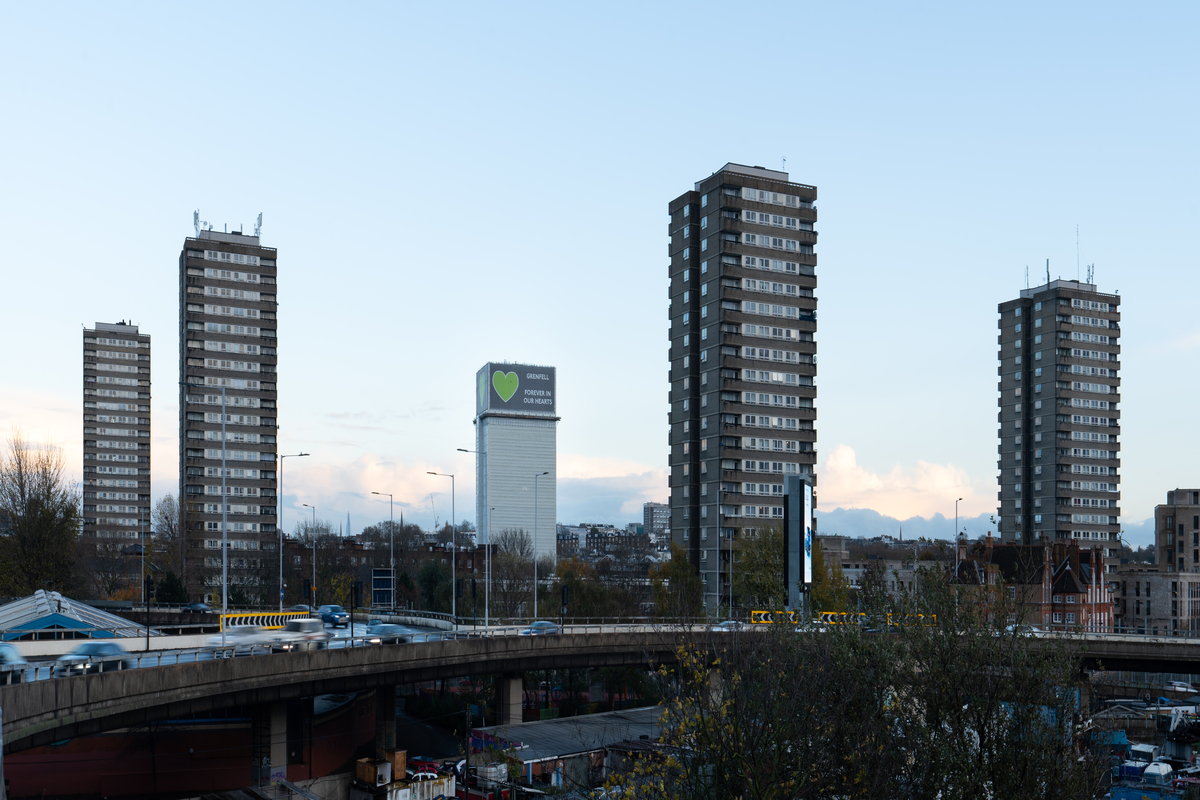Dear visitor,
You're reading 1 of your 3 free news articles this quarter
Register with us for free to get unlimited news, dedicated newsletters, and access to 5 exclusive Premium articles designed to help you stay in the know.
Join the UK's leading credit and lending community in less than 60 seconds.
Taxpayer will contribute to correcting cladding
The government has admitted that the taxpayer will have to contribute more to ensure buildings are equipped with a safe level of cladding, to protect mainly against fire risk. This will include remediation works.

Senior Journalist, covering the Credit Strategy and FSE News brands.
On 14 February, Michael Gove, secretary of state for levelling up, had stated an intention that developers should bear the bill for non-combustible cladding, “instead of continuing to profit whilst hardworking families struggle”.
But when addressing a Commons select committee on 21 February, he conceded that “the taxpayer is the backstop”, and the government “has to share some of the costs” as well.
On 10 January Gove said freeholders, developers and product manufacturers would have to pay £4bn on buildings over 11 metres tall in order to correct the combustible cladding crisis, alongside £5.1bn from the government. Gove defended this figure as fair, arguing that the fund aspires to improve buildings beyond criteria “required purely by safety”.
But Housing Today suggests that the total cost of repairs for buildings categorised as unsafe is closer to the realm of £15bn, with almost 500 buildings in the UK containing ACM cladding – the type deemed responsible for the spread of fire at Grenfell.
There is a concern this cost will disproportionately impact UK-based businesses, as Gove highlighted the “practical difficulties” in procuring reparative commitments from organisations based outside the UK.
Trade body the Home Builders Federation told The Guardian domestic companies will be unfairly targeted because “as UK-headquartered businesses, it is a simpler proposition than pursuing overseas developers, influential property sector interests and foreign product manufacturers”.
The changes come as, under extant law, flat owners have been liable to pay for remediation works – with some bills exceeding the value of their homes. The government has consequently committed to protect “blameless” homeowners.
However, Gove did confirm to the select committee that leaseholders still face an “absolute cap” of £15,000 in London and £10,000 outside of the capital for non-cladding costs.
Stay up-to-date with the latest articles from the Credit Strategy team
Get the latest industry news






